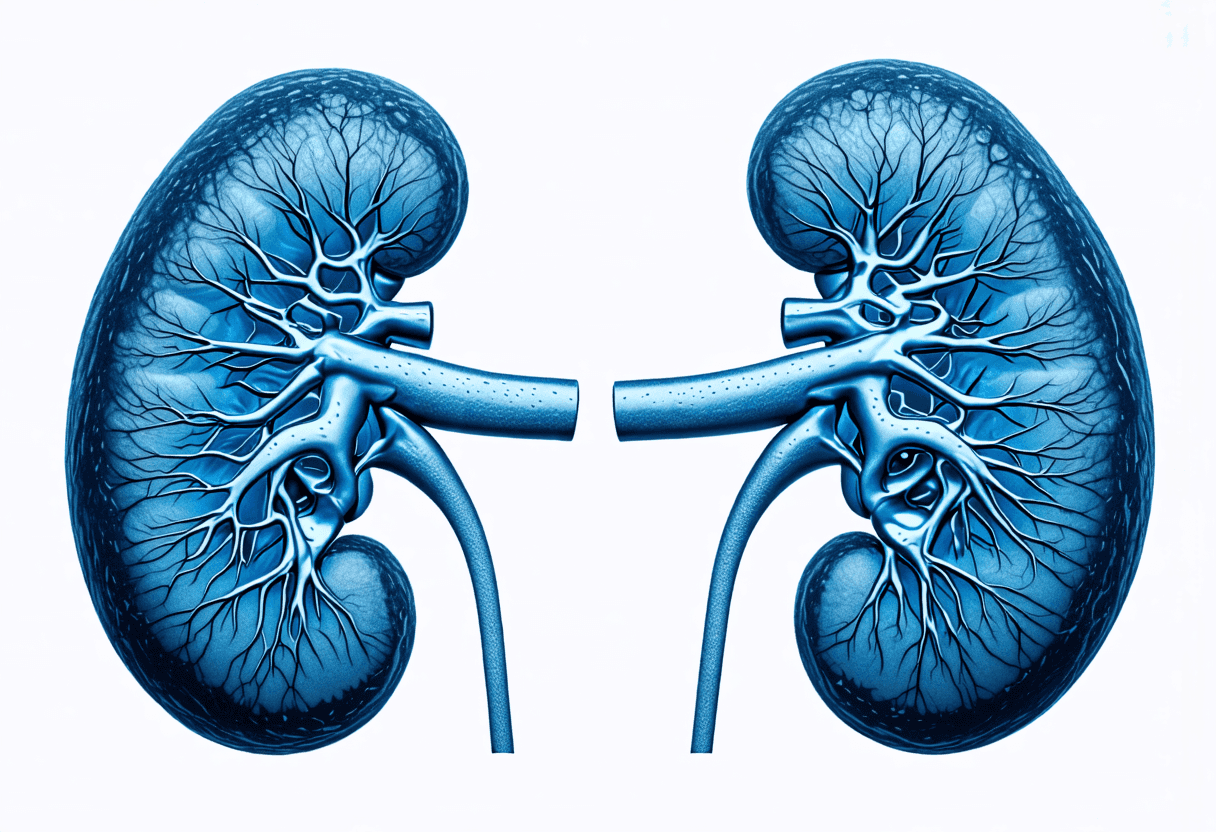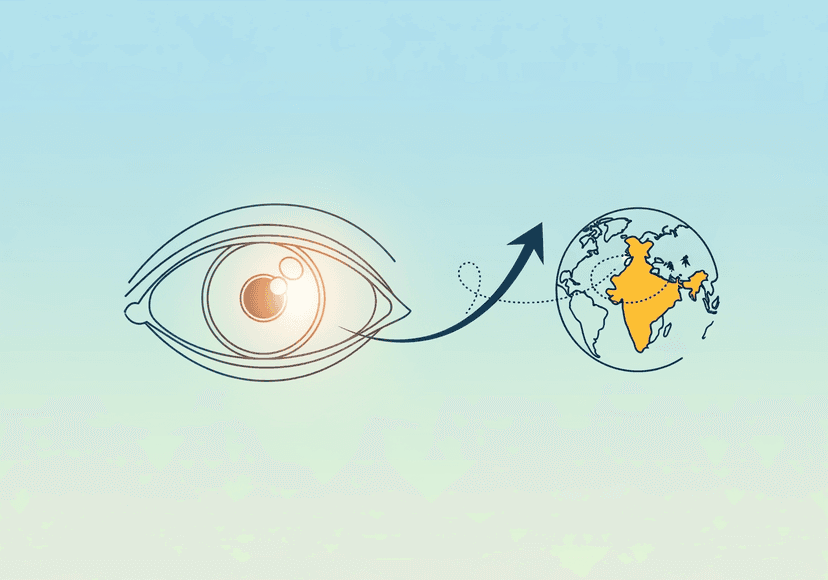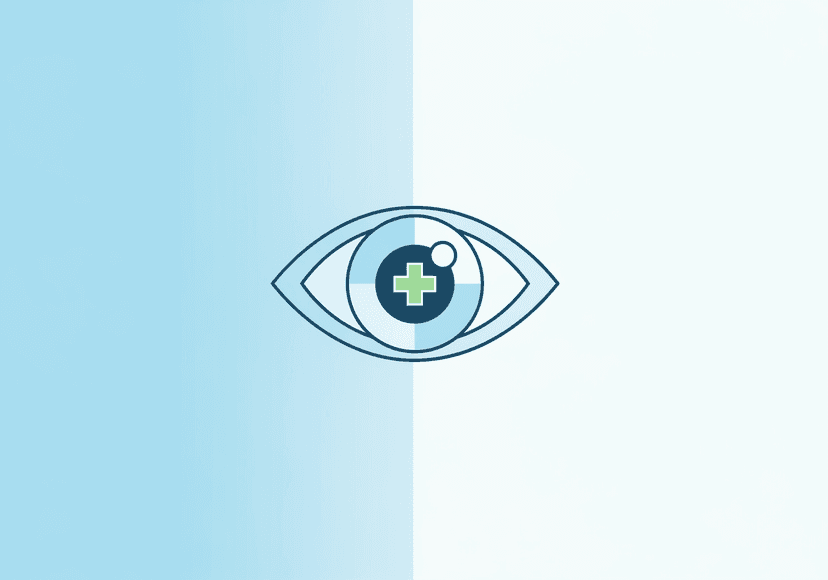
Understanding Kidney Stones
11 Dec, 2024
 Healthtrip
HealthtripKidney stones are a common and often painful health issue that can affect anyone, regardless of age or gender. While they may seem like a minor problem, kidney stones can cause significant discomfort, disrupt daily life, and even lead to more serious complications if left untreated. As a result, it's essential to understand the causes, symptoms, and treatment options for kidney stones, as well as the importance of seeking medical attention if you suspect you have one.
What Are Kidney Stones?
Kidney stones are small, hard mineral deposits that form inside the kidneys when there is an imbalance of water, salts, and other substances in the urine. They can be as small as a grain of sand or as large as a pea, and they can cause severe pain, nausea, and vomiting. There are several types of kidney stones, including calcium stones, uric acid stones, cystine stones, and struvite stones, each with its own set of causes and risk factors.
Most popular procedures in India
Risk Factors and Causes
While anyone can develop kidney stones, certain factors can increase the risk. These include dehydration, obesity, diet, family history, and certain medical conditions such as kidney disease, gout, and inflammatory bowel disease. A diet high in sodium, sugar, and animal protein can also contribute to the formation of kidney stones. Additionally, people who are bedridden or have a history of gastric bypass surgery may be more prone to developing kidney stones.
Wellness Treatments
Give yourself the time to relax
Lowest Prices Guaranteed!

Lowest Prices Guaranteed!
Symptoms of Kidney Stones
The symptoms of kidney stones can vary depending on the size and location of the stone. Some people may not experience any symptoms at all, while others may have severe pain, nausea, and vomiting. Common symptoms include severe pain in the side or back, below the ribs, frequent urination, painful urination, and nausea and vomiting. In some cases, kidney stones can cause a urinary tract infection, which can lead to more severe symptoms such as chills, fever, and blood in the urine.
Diagnosing Kidney Stones
Diagnosing kidney stones typically involves a combination of medical history, physical examination, and imaging tests. Doctors may use X-rays, CT scans, or ultrasound to visualize the kidneys and detect the presence of stones. Blood and urine tests may also be ordered to check for signs of infection and to determine the type of stone.
Treatment Options for Kidney Stones
Treatment for kidney stones depends on the size, location, and type of stone, as well as the severity of symptoms. Small stones may pass on their own, while larger stones may require medical intervention. Treatment options include watchful waiting, medication, lithotripsy, and surgery. Watchful waiting involves monitoring the stone's progress and waiting for it to pass naturally, while medication can help relieve symptoms and increase the chances of the stone passing. Lithotripsy uses shock waves to break up the stone into smaller pieces that can be passed in the urine, and surgery may be necessary for larger stones or those that cause complications.
Preventing Kidney Stones
While kidney stones can be painful and disruptive, there are steps you can take to reduce your risk of developing them. Drinking plenty of water, limiting sodium and sugar intake, and eating a diet rich in fruits, vegetables, and whole grains can help. Additionally, maintaining a healthy weight, staying physically active, and managing underlying medical conditions can also reduce the risk of kidney stones.
Seeking Medical Attention
If you suspect you have a kidney stone, it's essential to seek medical attention promptly. Delaying treatment can lead to complications such as infection, kidney damage, and chronic kidney disease. At Healthtrip, our team of medical professionals can provide personalized guidance and support throughout the diagnosis and treatment process. With access to a network of top-ranked hospitals and medical facilities, we can help you find the best treatment options for your unique needs.
Conclusion
Kidney stones are a common and often painful health issue that can affect anyone. Understanding the causes, symptoms, and treatment options is crucial for effective management and prevention. By taking proactive steps to reduce your risk and seeking medical attention promptly if you suspect a kidney stone, you can reduce the risk of complications and improve your overall health and well-being. At Healthtrip, we are committed to providing you with the guidance and support you need to navigate the complex healthcare system and find the best treatment options for your unique needs.
Related Blogs

Long-Term Follow-Up After Eye Surgery
Detailed insights into eye surgery – doctors, hospitals, technology, recovery,

Healthtrip’s Transparency in Eye Surgery Pricing and Packages
Detailed insights into eye surgery – doctors, hospitals, technology, recovery,

Frequently Asked Questions About Eye Surgery
Detailed insights into eye surgery – doctors, hospitals, technology, recovery,

Advanced Robotic Technology Used in Eye Surgery
Detailed insights into eye surgery – doctors, hospitals, technology, recovery,

How Healthtrip Supports Foreign Patients for Eye Surgery in India
Detailed insights into eye surgery – doctors, hospitals, technology, recovery,

Top Medical Packages for Eye Surgery Offered by Healthtrip
Detailed insights into eye surgery – doctors, hospitals, technology, recovery,










